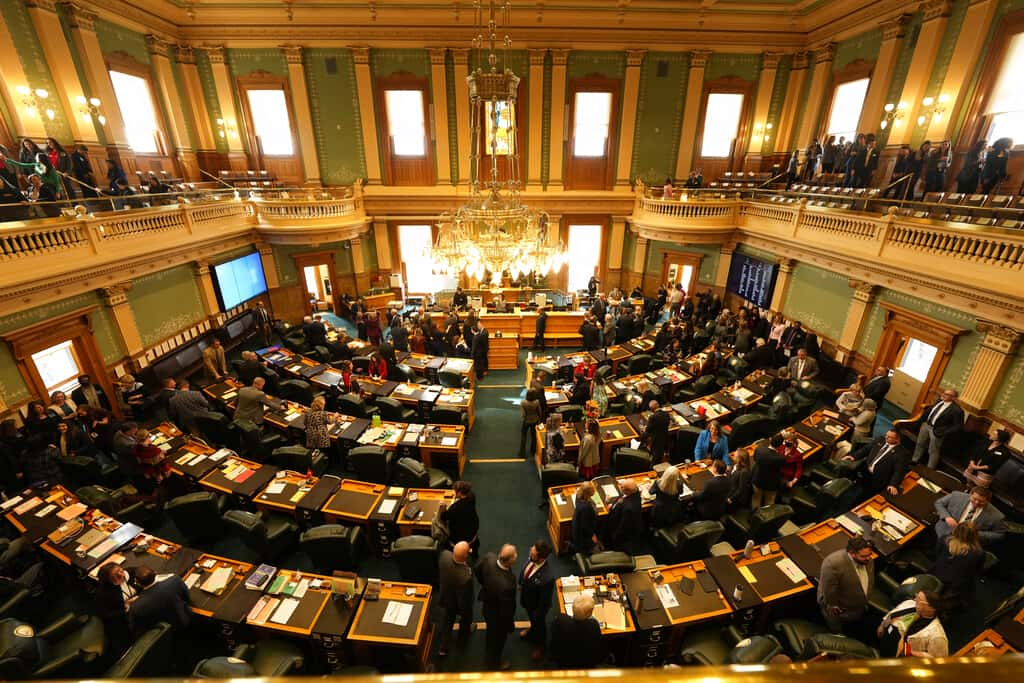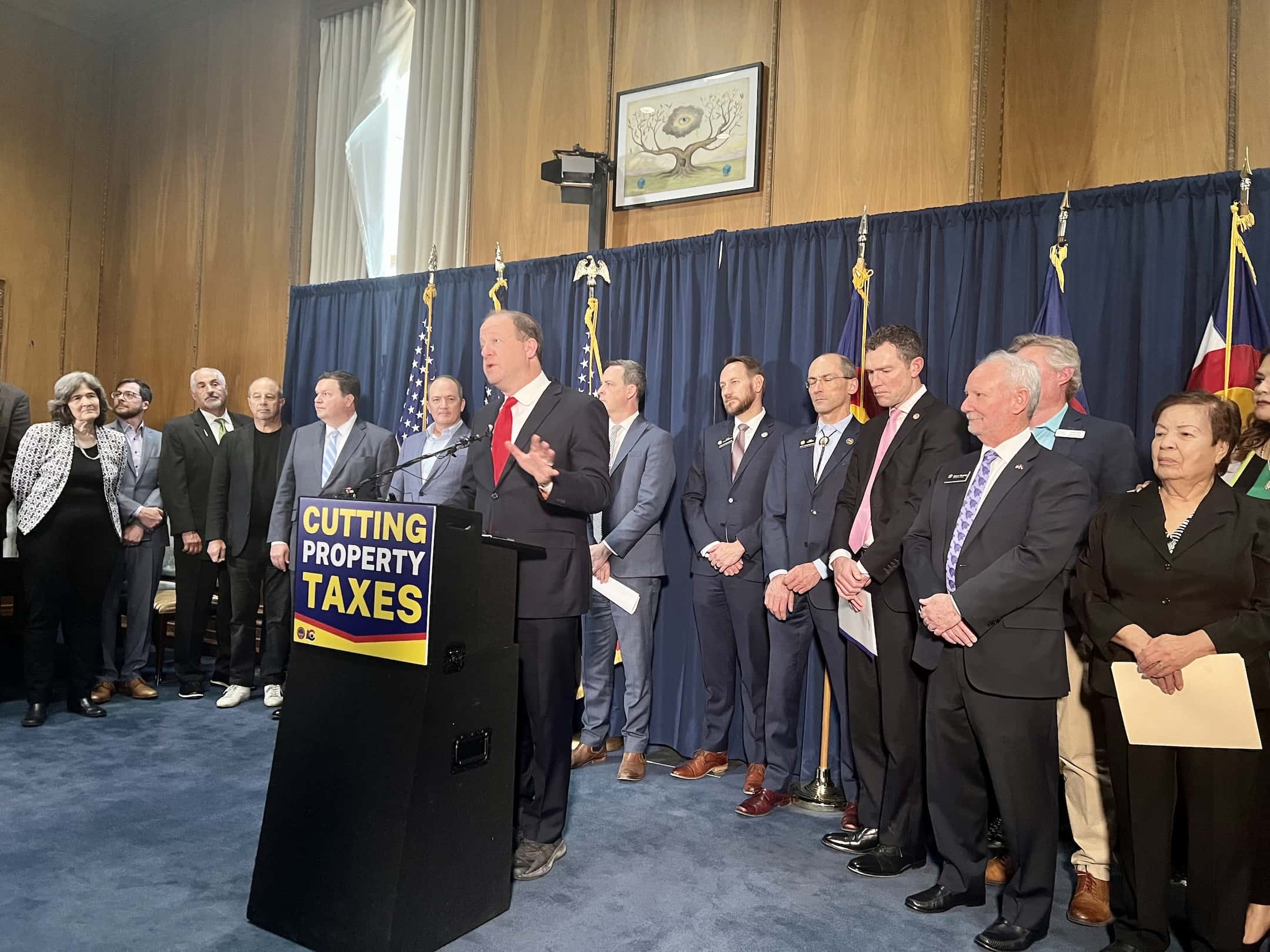Proposition HH, a response to rising property values causing surges in property taxes, introduces a 10-year tax relief strategy backed by Governor Jared Polis and Democratic state legislators.

Coloradans are gearing up for a crucial decision as two ballot measures, set to appear this November, focus on the state’s property tax plan and related fiscal reforms
Senate Bill 303, which passed on partisan lines during the recent legislative session, spearheaded this measure. Commencing next year, this initiative will gradually decrease property valuation rates across the state over the ensuing decade. This reduction will subsequently influence forthcoming property tax plan computations, resulting in decreased property tax plan burdens. This adjustment applies to various property types, encompassing residential, commercial, agricultural, and renewable energy properties, with varied rates based on property tax plan categorization. The measure further limits local property tax plan escalations to inflation rates, while affording property owners the opportunity to exempt a portion of their property’s value from taxation.
Despite this move, critics have emerged. Michael Fields, head of the conservative advocacy group Advance Colorado, voices concerns through his campaign, No On HH. He also endorses Initiative 50, an alternative ballot proposition that would institute uniform property tax plan rates across the state and cap increases at 4%. Fields contends that Proposition HH compromises TABOR refunds permanently in exchange for limited tax relief. Nevertheless, the initiative wouldn’t eliminate TABOR refunds, only temper them.
Senate President Steve Fenberg, a sponsor of Proposition HH, disputes Fields’ assertions
He contends that property tax management is intricate and local, making a uniform statewide cap unfeasible. He also counters Initiative 50’s lack of funding solutions for local services, potentially leading to significant cuts.
The second proposition on the ballot, Proposition II, seeks to permit the state to retain surplus revenue from tobacco and nicotine sales. If ratified, this proposal would direct the money toward expanding the state’s free preschool program. While Proposition HH garners much attention, Proposition II, derived from Democrat-endorsed House Bill 1290, has attracted less notice.
As Coloradans prepare for the November 7th election, they face pivotal choices impacting their property tax plan landscape and fiscal priorities.
READ ALSO: Food Insurance Concerns Grow As Homeowners Struggle With Rising Costs Amid Climate Challenges




